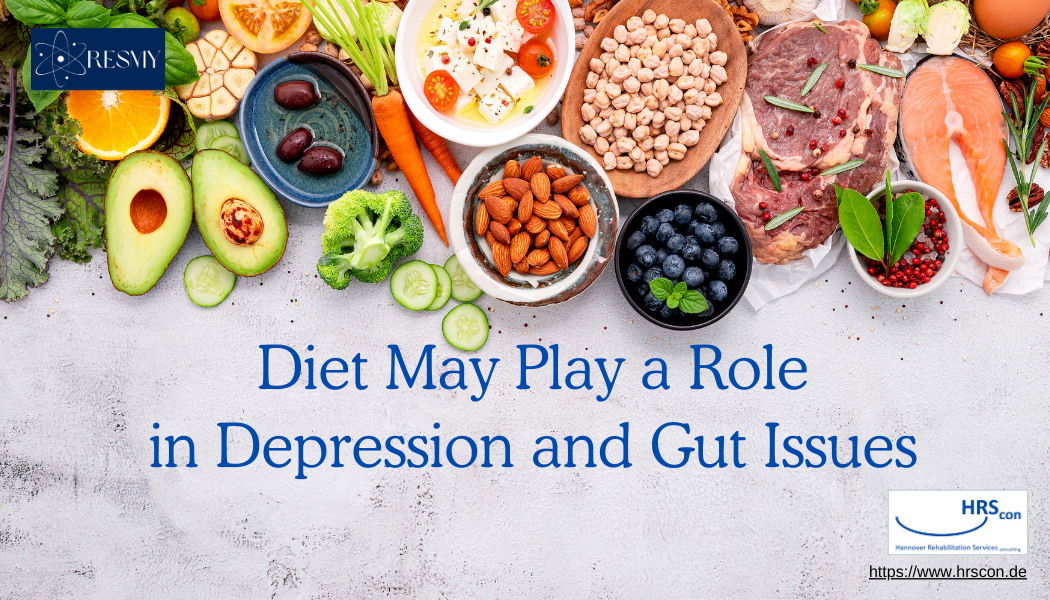Feeling down and having stomach problems often go hand in hand. A new study suggests this connection might be more than just coincidence – what we eat may play a role in both depression and gut issues.
The study, conducted by researchers in the UK, investigated the link between diet, gut health, and depression. They recruited nearly 500 adults, some with self-reported depression and others considered healthy controls.
The Gut-Mood Connection
The researchers found a strong correlation between gut symptoms like nausea and stomach pain, and depression scores. In simpler terms, people with worse gut issues also tended to report higher levels of depression.
Diet as a Mediator
Interestingly, the study suggests that diet may act as a mediator in this relationship. People with depression reported lower intakes of fruits, vegetables, and omega-3 fatty acids – all linked to better gut health and overall well-being.
Lower Nutrient Intake in Depression
The study also revealed that those with depression consumed significantly less vitamin C, folate, vitamin E, and magnesium. While these deficiencies weren’t directly linked to the gut-depression connection, they highlight potential dietary issues associated with depression.
What This Means
These findings suggest that a healthy diet rich in fruits, vegetables, and omega-3s might be helpful for people struggling with depression and gut problems. It’s important to note that correlation doesn’t necessarily equal causation, meaning we can’t say for sure that diet changes will improve depression. However, this research does highlight a promising area for further investigation.
Future Directions
The researchers emphasize the need for more studies to understand how diet influences the gut microbiome, the community of microbes living in our gut, and how this microbiome might be linked to depression.
A Step Towards Better Mental Health
While this research is in its early stages, it offers a glimpse into the complex relationship between diet, gut health, and mental well-being. By understanding these connections, we can develop more comprehensive strategies to promote both physical and mental health.
Additional Considerations
It’s important to remember that depression is a complex condition with various contributing factors. While diet may play a role, it’s not a sole cause or cure. If you’re struggling with depression, it’s crucial to seek professional help from a doctor or mental health professional.

